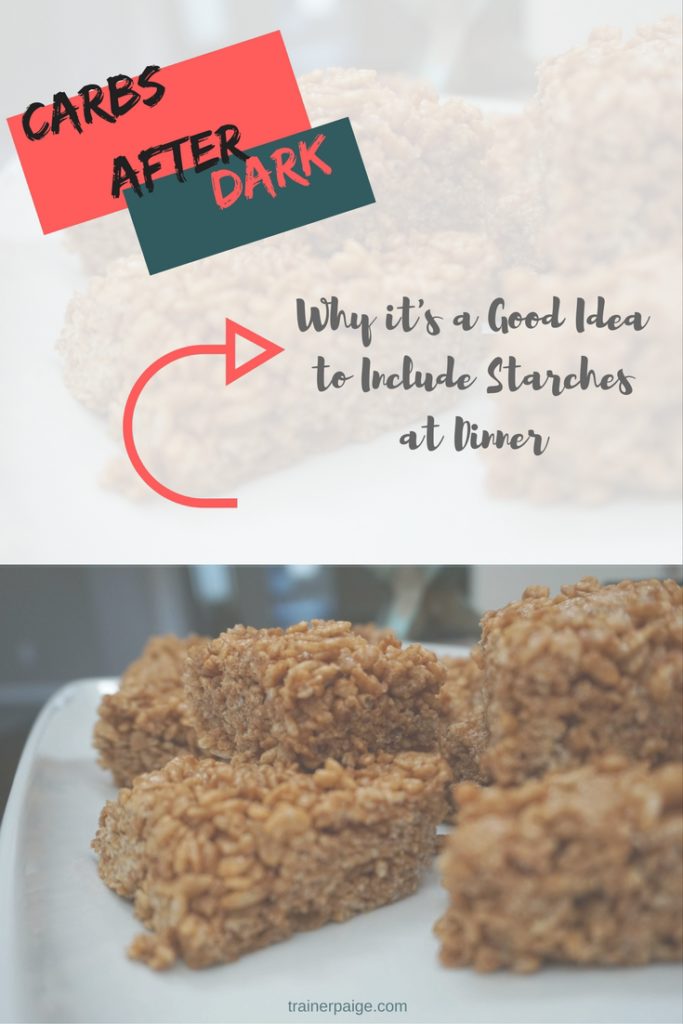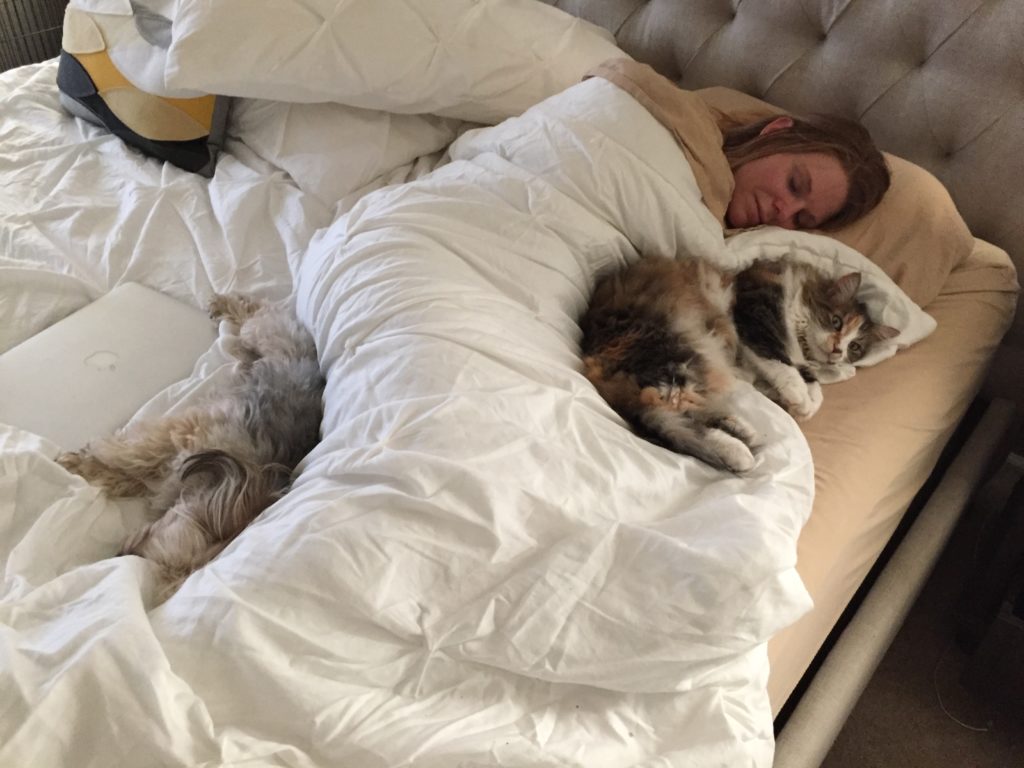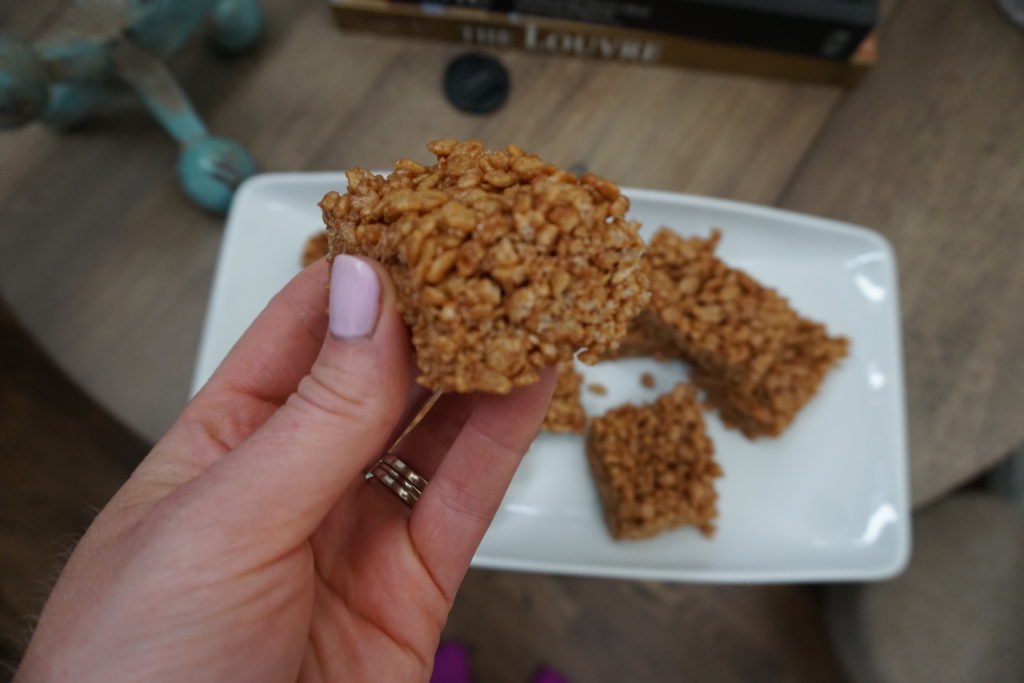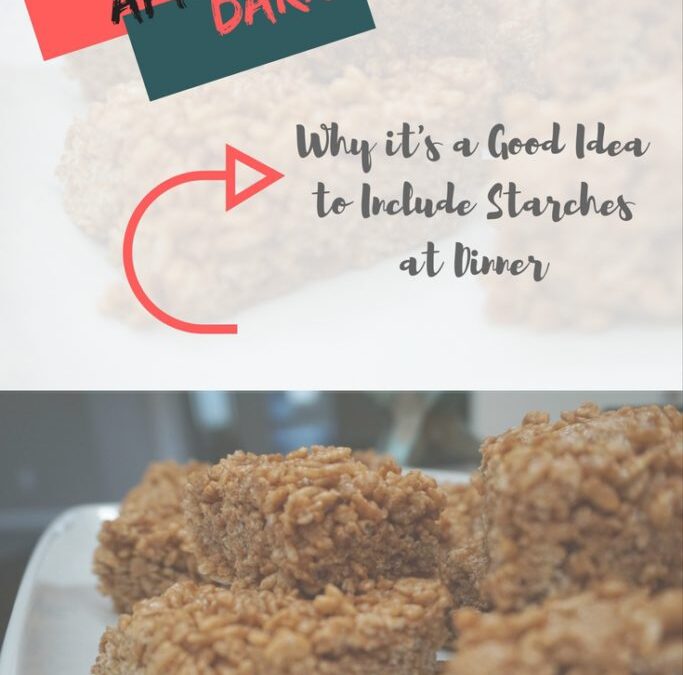Some thoughts and discussions from me.
Real quick– I’m opening the doors for my Peak Physique Online Boot Camp today one last time this year! If you’ve been on the fence about signing up previously, now’s your chance to go for for it. My clients in my current round are seriously getting phenomenal results, losing inches, gaining strength, building sustainable habits, and most importantly, truly enjoying the program and accountability.
If you’re looking for an effective training program and nutritional guidance and accountability, to lean out,get stronger, and see results, make sure to secure your spot in my last round of the year. There’s a big focus on nutrition, macros, and carb cycling, and if you feel ready to reach your goals and use your training and nutrition as a way to enhance your life, I would love to work with you in it. You can learn more, sign up, and/or request more information to see if you’d be a good fit HERE. It starts Monday, August 29th
Ok, housekeeping items out of the way, let’s talk about – a big component in the aforementioned boot camp – CARBS! Specifically, let’s chat carbs after dark – and why it’s a good idea to eat carbs at dinner.

Carbs After Dark
I’m sure you can remember – or perhaps still follow – the old adage that any food consumed after 7pm automatically gets stored as body fat. Worse yet, if it’s carbohydrates after 7? Straight to the hips.
Those claims have since been proven as a myth time and time again. It’s not eating after a certain time that causes one to gain body fat, but rather our overall intake each day, day after day.
Now that we’ve cleared that up, I’m going to make the case FOR eating carbohydrates at night.

As I’ve mentioned before, the majority of my clients are using some sort of macronutrient tracking approach (there are several different ways,) as a means to lean out, see muscles pop, fit better in their clothing, etc. Most of them – and those in my peak physique boot camp – are also doing some form of carbohydrate cycling.
These two approaches can work great on their own, but I also like to incorporate some nutrient timing,the time at which we eat certain macronutrients (protein, fat, carbohydrate,) parameters. Setting macros/portions is just the first step. Then it’s time to look at your meal splits – i.e. a template of how you break down each meal of the day – and the timing of those meals.
Sure, the macronutrients (whether in grams or portions) is one of the more (most?) important component, but manipulating nutrient timing is also a big help.
Making changes to our nutrient timing can help to:
- increase satiety
- decrease feeling hungry
- increase sleep quality
- increase energy levels
- increase insulin sensitivity
- work with our willpower levels
And more; these are all big factors when it comes to successfully reaching our goals.
While there are many changes in nutrient timing and split that we can make in order to help out our fat loss goals, one of those changes in switching around our carbohydrate consumption, and include them in our last meal of the day. What I want to go into a little more detail in regards to nutrient timing today is why I generally think it’s a good idea to include starchy carbohydrates in your last meal of the day.
Carbs After Dark – Why it’s a Good Idea to Eat Carbs at Dinner
1. Promotes better sleep and relaxation
Eating carbohydrates helps to produce tryptophan, which then produces seratonin, the “relaxing” hormone that can help you feel calm and increase your mood. This, along with decreasing cortisol, can help you get a better night’s sleep. Honestly, this reason alone is enough for me to eat a carbohydrate-rich meal before bed, as I place my own sleep quality at a very high priority.

2. It works *with* our willpower
We know by now that our willpower is a finite resource. As our day goes on, and we use brain power, make decisions, work, and get tired, our willpower gets depleted. This is one reason why it’s so common to hear about people who adhere to their “diet” or nutrition plan all day, and then come home from work and all of the sudden, their choices don’t reflect their goals.
Having a planned out, higher carbohydrate meal works with your willpower, because you know you’ll be eating a higher carbohydrate, highly satisfying meal at dinner or before bed. Not to mention, carbohydrates can actually stimulate the appetite, and saving a good chunk of them for the evening, and filling the majority of your day with high satiety protein and healthy fats, means you won’t be experiencing as much hunger and cravings all day long.
3. Increases satiety levels/decreases hunger
I kind of referenced this one above, but protein is the most satiating of the macronutrients, meaning it keeps you fuller, longer. Dietary fat is a close second. Naturally, eating primarily protein and fat (and veggies!) during the day will help to keep you full and satisfied, and keep your energy up. Now this isn’t to say you should eat zero carbohydrates during the day. Generally, it’s good to eat them after your workout, and then just keeping them lower throughout the day, saving your largest serving for the evening.

This also allows for some metabolic flexibility, meaning that you have a better ability to burn fat at certain points, and glucose at other points during the day, which can be helpful when trying to lose BF. In fact, multiple studies have shown that hormone profiles improve and fat loss is greater for those who eat carbohydrates with dinner.
4. Increases energy and glucose stores for morning workouts
Many of the women I work with prefer to train in the morning, and quite a few also say that they just can’t eat before their workout because it’s too dang early, they can’t stomach it, etc. If you can’t eat before your morning workout, eating a serving or two of carbohydrates in your evening meal(s) helps to fill up your glycogen stores for your morning workout. I personally don’t recommend fasted training, but some people can tolerate it OK, and not have it interfere with progress or metabolism. If this is the case, I do recommend getting in that post-workout meal as soon as you can after training.
5. Our insulin sensitivity is higher before bed
Our insulin sensitivity in generally highest at two points in the day – post-workout and before bed. This means our body is better able to use and tolerate those carbohydrates at these times during the day. If our body is better able to burn and utilize the nutrients from carbohydrates eaten when our insulin sensitivity is higher, it makes sense to eat those carbs during these tims.
—
All that said, at the end of the day it’s important for you to do what works for you. Everyone’s body is different, and experimenting, keeping an open mind, and paying attention to your own energy, hunger, and recovery levels, as well as your progress will help determine what’s right for you personally. Of course, always ask your doctor before beginning any new diet or exercise change.
If you’re interested in making some positive changes to your macronutrients, their timing, and their split, as well as participating in a challenging, yet fun 6-week training program, I’d love to work with you in my August 29th Peak Physique Online Boot Camp. If you’re interested in leaning out and seeing results, need accountability, coaching, and support – and most importantly – enjoying yourself along the way – you can grab your spot here or learn and request more information here. Spots are very limited, and this will be my last round of 2016.
*references are linked within content


I love that you are busting myths! I definitely know it can help me sleep and prevent me from waking up hungry.